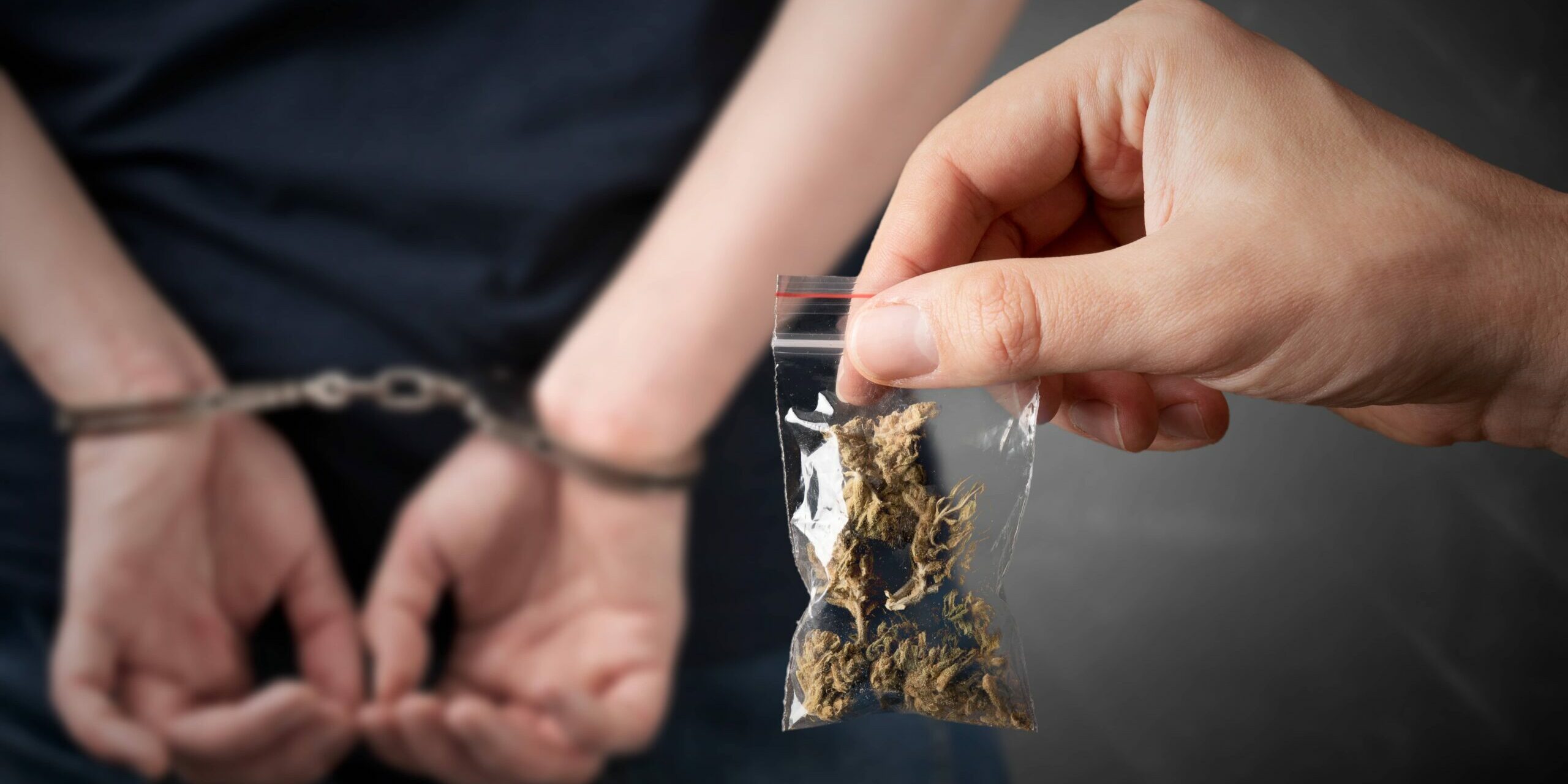Historically, the Western Australian Government has been tough on those taking part in the possession, distribution, and use of illegal drugs. Penalties ranged from fines to an immediate term of imprisonment, depending on the specifics and circumstances of the case.
Some changes to the law took place in 2011 to avoid criminalising first-time offenders or those caught with small amounts of cannabis. However, growing cannabis remains illegal, with a few specific exceptions.
According to WA law, you may cultivate cannabis for medical purposes if you are certified by the federal licensing scheme for medicinal use. Any business or individual may apply to be licensed. However, they must meet several requirements. These include,
- A growing location that meets standards put forth in the Narcotic Drugs Act 1967
- The location must meet security standards and controls according to the ruling from 1967, and steps must be taken to ensure the physical security of the cannabis.
- The applicant must demonstrate they are of good character and have not committed a serious drug offence in the last ten years.
Unless you have a license, it is illegal to grow cannabis in Western Australia.
Understanding the Offence of Cultivating and Possessing Cannabis
Section 7(1) of the Misuse of Drugs Act 1981 from Western Australia outlines that possessing or cultivating cannabis or other prohibited plants is an offence. Individuals found guilty in higher courts like the District or Supreme Court could face up to 10 years in prison or be fined up to $20,000. Lesser courts may impose penalties of up to four years imprisonment or a $5,000 fine.
Section 11 specifies that possessing more than 20 cannabis plants suggests an intent to sell or supply, which could indicate a more severe offence under the act.
Under Section 7(2), the act of cultivating cannabis or similar prohibited plants, which includes sowing, planting, nurturing, and harvesting, is punishable by up to two years imprisonment or a $2,000 fine.
Additionally, Section 7(A) stipulates that it is an offence to knowingly supply or sell equipment intended for the hydroponic cultivation of prohibited plants.
Sentencing for Cannabis Offences
In Western Australia, the Misuse of Drugs Act 1981 outlines severe penalties for cannabis offences, especially when they involve minors under 16 years old. For possession or cultivation with intent to sell, penalties can reach up to $100,000 in fines or 25 years in prison. Simple possession or cultivation may result in a $2,000 fine or two years of imprisonment. Enhanced penalties apply if the offence involves selling or supplying to children, with mandatory imprisonment terms for repeated offences and restrictions on suspended sentences.
Supplying to a Child
Under the Misuse of Drugs Act 1981, if an adult is convicted of supplying cannabis to a child, mandatory sentencing guidelines apply:
- For a first offence, the court must impose a sentence, which may be imprisonment, suspended imprisonment, or conditional suspended imprisonment.
- For further offences, the guilty party is subject to a minimum term of imprisonment of at least six months, which cannot be suspended.
Cultivating That Endangers a Child
If an adult is convicted of cultivating prohibited plants in a way that endangers the health or safety of a child under 16, strict sentencing rules are enforced:
- For a first offence, the court may impose one of the following: imprisonment, suspended imprisonment, or conditional suspended imprisonment.
- For subsequent offences, a mandatory minimum sentence of six months’ imprisonment, which cannot be suspended, is required.
Cultivating That Harms a Child
If an adult is convicted of cultivating prohibited plants in a manner that causes bodily harm to a child under 16, specific sentencing guidelines are applied:
- For a first offence, the court is may impose one of the following: imprisonment, suspended imprisonment, or conditional suspended imprisonment.
- For subsequent offences, the law requires a minimum sentence of six months’ imprisonment, which cannot be suspended.
- If the offence results in bodily harm to a child, a minimum sentence of 12 months’ imprisonment, not subject to suspension, is mandatory.
What is Western Australia’s CIR Scheme?
The Cannabis Intervention Requirement (or CIR) scheme is a legal intercession aimed at reducing the criminalisation of young offenders (age 14-17) or first-time offenders caught with 10 grams or less of cannabis. Once police issue a CIR notice, the person is required to undertake a Cannabis Intervention Session within 28 days.
The rationale behind the CIR scheme is that initial intervention and education will have a more significant preventative impact on an offender than incarceration and a criminal record. As such, those receiving a CIR notice will not have a criminal record.
Youth between the ages of 14 and 17 can receive a CIR notice on two separate occasions. Any further infractions involving cannabis will result in the application of the Young Offenders’ Act of 1994.
An adult may receive a single CIR notice. Any further offences involving cannabis will result in prosecution through the courts.
Being charged with the cultivation of cannabis is a significant offence and requires expert legal assistance.
If you find yourself in this situation, do not attempt to resolve the problem without the advice of an experienced legal professional. Contact the skilled professional drug offence lawyer defence team at WN Legal. We will work to ensure you get the best outcome possible.
**Please Note**
The material presented in this post is for informational use only. It does not constitute binding legal advice and should not be a replacement for a consultation with a legal professional








